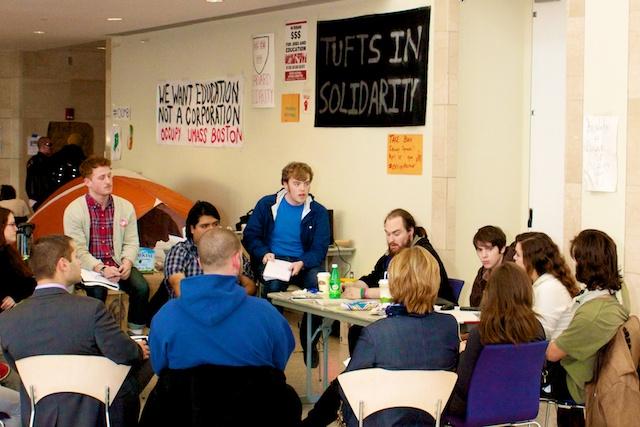The Federal Restricted Buildings and Grounds Improvement Act should not be ignored. In light of the restrictions the law places on First Amendment rights and the manner by which it was passed, every American should be concerned about the state of democracy.
The controversial act, which is more commonly referred to as the Anti-Protest Bill, was originally passed in 1971.
In 2006 the bill expanded the jurisdiction of the department of homeland security to include “a building or grounds so restricted in conjunction with an event designated as a special event of national significance.” In simpler words, this allows the federal government to establish jurisdictional authority at their convenience.
Nonetheless, the bill still had some shortcomings; it was difficult to prosecute offenders, mostly because they often could not have known that the area they were in had suddenly become a federal protected ground.
This might be a slight bit harder now. The nearly unanimous passing of the bill in 2011 saw to that. The major change made in 2011 was to remove the word “willfully” from the bill, a rather deliberate act.
“Willfully” in this legal context, refers to the notion that the offender is aware that they are engaging in a criminal act, regardless of the offender’s knowledge of the law. Basically, this tiny language change could potentially render the excuse of ignorance of a crime being committed as useless.
Until 2011 the bill read, “Willfully and knowingly enters or remains in any restricted building or grounds without lawful authority to do so.” By removing the word willfully it is now possible to prosecute people who engage in a protest.
Law enforcement officials are now legally well within their rights to do so, as long as the area that the protest is being held in designated to be of “national significance.” Violation of the law can carry a ten-year prison sentence and/or a $1000 fine.
Tea Partiers, Occupiers, the left and right alike, have good cause to be up-in-arms about this law. It jeopardizes all groups’ ability to practice free speech in a collective and effective fashion. Hypothetically a group of physicians handing out stats on brain injury at the Super Bowl could be deemed a criminal act under this law. The Super Bowl could easily be deemed a place of “national significance” and the people could be seen to be “impede[ing] the ingress or egress of a restricted building.”
The worst part about this debacle is the fact that it passed with no significant opposition. What does that tell you about your elected officials? It should tell you that Democrats and Republicans alike care about neither our rights nor our opinions. They do not want you to publicly express your opinion. They do not want you to assemble with like-minded, similarly motivated people. They do not want you to think or to express your thoughts in a way that could get other people thinking.
This should really piss you off. We should not forget that this law exists. We should fight to have it repealed.

